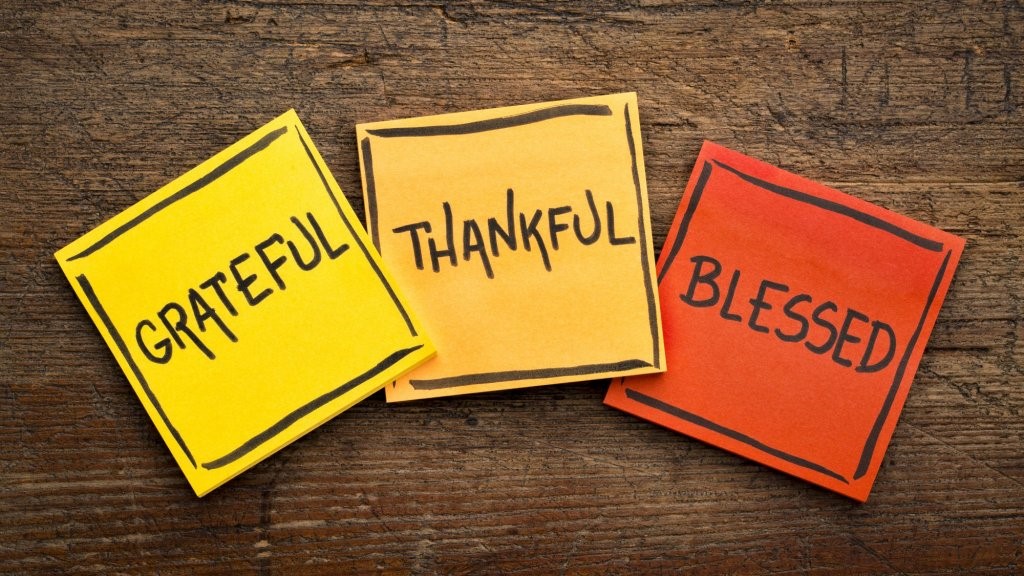Expressing Gratitude

Research has linked gratitude to a multitude of positive outcomes, like increasing well-being, improving relationships, increasing optimism, and helping people find meaning in their work. those who practice gratitude have lower self-reported levels of depression and stress, and they’re more satisfied with their social relationships. Not only that, but the effects can be long-lasting.
Gratitude journals are a popular and effective intervention from the field of positive psychology
Gratitude journaling is one of the best ways to inject more gratitude into your daily life. The goal of a gratitude journal is to increase your focus on positive experiences, which improves well-being and it can be done in just a few minutes a day.
“Gratitude is the healthiest of all human emotions. The more you express gratitude for what you have, the more likely you will have even more to express gratitude for.” — Zig Ziglar
Gratitude-Journal-Three-Good-Things<- - download worksheet
"Three good things" is a classic gratitude exercise where you are asked to write down three good things from your day, whether big or small. Practicing gratitude regularly has been shown to increase positive emotions and improve well-being.
Gratitude Exercises <- - download worksheet
This worksheet summarises a few extra exercises to help you begin practicing gratitude.
